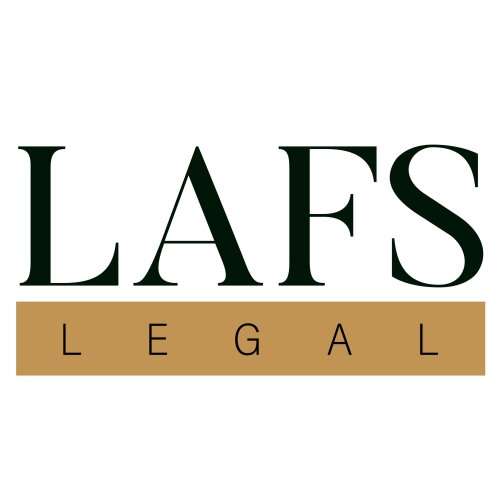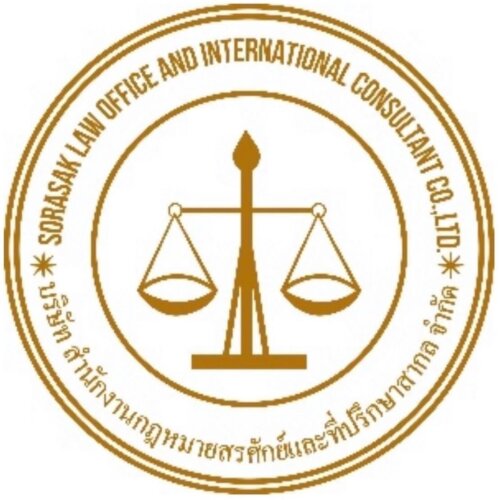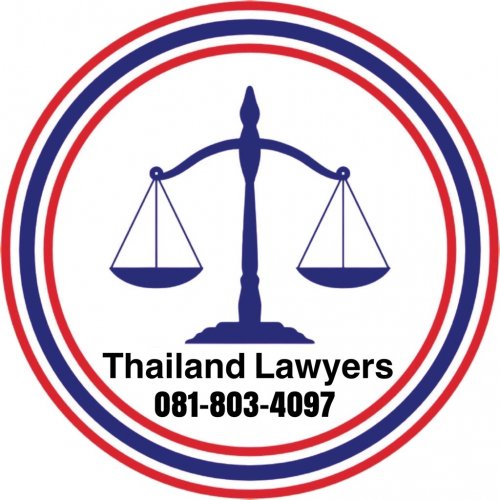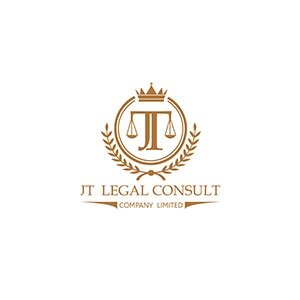Best Work Permit Lawyers in Bangkok
Share your needs with us, get contacted by law firms.
Free. Takes 2 min.
List of the best lawyers in Bangkok, Thailand
Legal guides written by GPS Legal:
- Land Ownership in Thailand: Title Deeds
- Thailand’s SMART Visa program: What you should know
- Estate planning goes beyond wills
Legal guides written by Smart Legal Solutions:
- Main Legal Measures to Protect Foreign Investment in Thailand
- Legal Protection of Foreign Investment in Thailand
- The importance of the geographical indications for the Thai economy
Thailand Work Permit Legal Questions answered by Lawyers
Browse our 1 legal question about Work Permit in Thailand and the lawyer answers, or ask your own questions for free.
- Do I need a foreign business licence to operate a business in Thailand?
- I would like to open my business in Thailand and I heard about a Foreign Business License, is this necessary or are there any workarounds?
-
Lawyer answer
In a Thai majority-owned limited company, where Thai nationals own at least 51% of the company's shareholding, a Foreign Business License (FBL) is not required. In contrast, a business with over 49% foreign ownership must obtain an FBL before commencing...
Read full answer
Disclaimer:
The information provided on this page is for general informational purposes only and does not constitute legal advice. While we strive to ensure the accuracy and relevance of the content, legal information may change over time, and interpretations of the law can vary. You should always consult with a qualified legal professional for advice specific to your situation. We disclaim all liability for actions taken or not taken based on the content of this page. If you believe any information is incorrect or outdated, please contact us, and we will review and update it where appropriate.

















